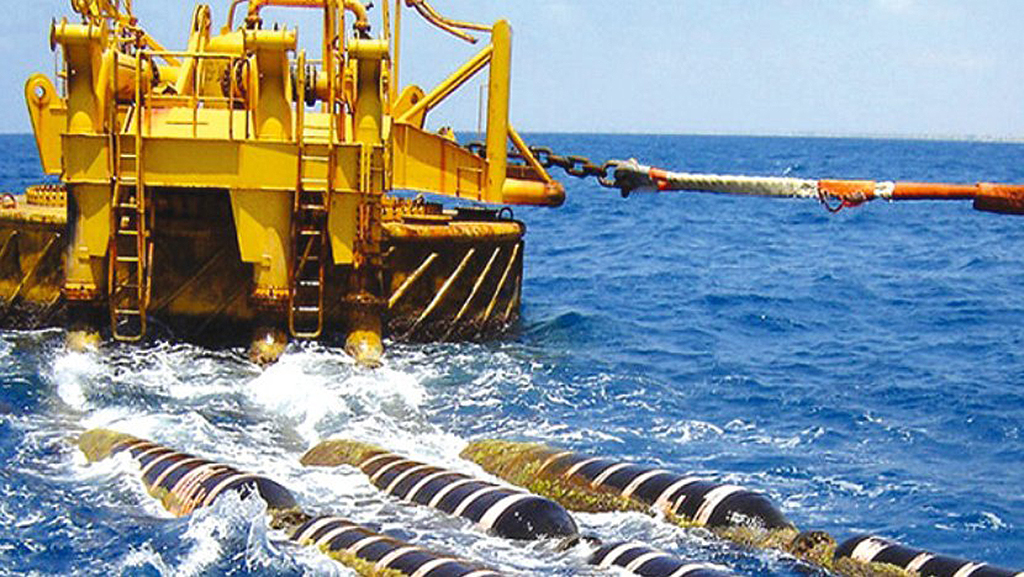Decisions will be taken and the interconnector linking Cyprus’ power supply to Greece and Israel will be clarified within August, Energy Minister George Papanastasiou said on Monday.
The minister’s statements come in the wake of intense debate and questioning over the project in recent weeks.
Experts have also raised concerns that for the Great Sea Interconnector (GSI) to go ahead as a two-way endeavour – that is both supplying and receiving electricity – Cyprus would have to rapidly maneuver itself into a position to supply cheaper electricity than its competitors, a seemingly daunting prospect at present.
As things stand now, the price of electricity from Cyprus would not be attractive to prospective buyers in Crete, the proposed first “link” of the interconnector, as they could readily find cheaper electricity from elsewhere, including the Greek mainland.
Speaking on CyBC radio, the energy minister continued to straddle all possibilities without any definitive statements.
“Two processes are currently running,” he said. “First, we are awaiting the decision by Cera [the Cyprus energy regulator] over new elements in a revised proposal by Admie [Greece’s independent transmission operator and the project provider].”
The answer had been originally expected on August 9, but the ‘new elements’ have now pushed out the response date to “within the week”, Papanastasiou said.
Should Cera deem the project fiscally unviable for the Cypriot consumer given these latest variables it is possible that Admie will walk out.
If this happens, since the project is of European concern, the EU committee could seek to secure a different provider – or the EU may abandon the project too, the minister said.
“This is an EU project and it bears reminding that work on it has already been done, including the securing of several kilometres of cables and subsea surveys,” Papanastasiou said.
The minister held his cards close, saying only, “the most correct scenario” would involve Cera and Admie reaching a workable outcome.
“The ministerial council supports the project and the government has taken its stance,” he said, adding that the project was worthwhile as it would end Cyprus’ energy isolation.
Asked about prospects of the currently estimated €1.9 billion cost ballooning if Admie is not pegged down from the start, the minister said in an enterprise with projections 30 to 40 years into the future, which would take four to four-and-a-half years to build, rising costs and a lack of full visibility were understandable.
“Cera’s position [opposing the Cypriot consumer paying into the GSI prior to its completion] is very logical. But sustainability and lowered electricity costs should be factored into the decision,” he said.
A teleconference involving all stakeholders, including the EU committee, is expected by end-of-month.







Click here to change your cookie preferences